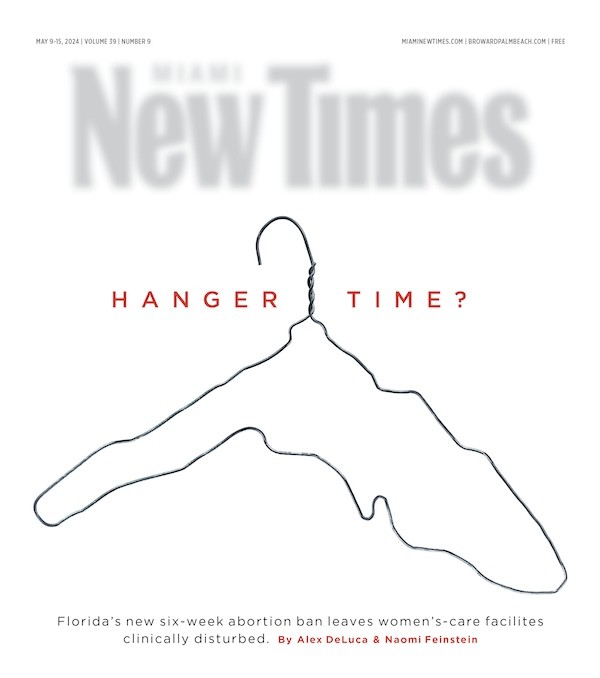One of rock's more tragic tales has to do with the story of Alexander Lee "Skip" Spence, a talented, innovative songwriter and guitarist whose first flush of brilliance was waylaid by emotional upheaval.
Born in Canada on April 18, 1946, Spence played a critical role in the evolution of San Francisco's seminal music environs in the mid- to late '60s, first making a brief role in an early incarnation of Quicksilver Messenger Service, then switching to drums as part of Jefferson Airplane's early lineup, leading, in turn, to an appearance on the band's first album, Jefferson Airplane Takes Off. That wasn't the end of his association with the Airplane, however; after he left the band, one of his songs, "My Best Friend," made its way to the Airplane's breakthrough second album, Surrealistic Pillow.
One of the members, Don Stevenson, opted to display a raised middle finger on the cover of their eponymous debut LP, causing many retailers to howl in protest. (It was later reissued with the offending digit airbrushed off.) A preferred position in the lineup for Monterey Pop (which boosted Janis Joplin and Jimi Hendrix to international acclaim) was squandered when the Grape's handlers demanded an outrageous sum to include them in the landmark film that followed.
During the recording of the band's second album, 1968's appropriately dubbed Wow, he took a heavy dose of LSD and went after bandmates Jerry Miller and Stevenson with an ax after breaking down the door to their hotel room. He then went to the 52nd floor of CBS' New York headquarters, where security had to wrestle him to the ground. He was subsequently arrested and sent to the city's infamous Tombs jail facility before being committed to Bellevue Hospital. He spent six months there in psychiatric care and was given Thorazine, a drug used to treat schizophrenia and other psychotic disorders.
He attempted to rekindle his muse when, in 1994, he participated in a music program for the mentally ill, sponsored by the City of San Jose. In 1996, he was tapped to write a song for The X-Files soundtrack, Songs in the Key of X, but it was never used. However, the track, titled "Land of the Sun," did end up on the tribute album More Oar: A Tribute to the Skip Spence Album, which also featured contributions from the likes of Robert Plant, Tom Waits, and Beck.
A founding member of Pink Floyd, Barrett showed bizarre behavior -- attributed to his prodigious use of LSD and an increasingly fragile mental state -- that forced his colleagues to eject him from the group. He later produced a pair of solo albums, The Madcap Laughs and Barrett, featuring contributions from his former bandmates and his replacement in the group, David Gilmour.
He participated in only infrequent guest appearances after that, and on one notable occasion, he reappeared unexpectedly in the studio while Pink Floyd was recording their album Wish You Were Here. One of the songs on that album, "Shine on You Crazy Diamond," was dedicated to Barrett.
A founding member of the Texas psychedelic outfit the 13th Floor Elevators, singer, guitarist, and songwriter Roky Erickson was diagnosed with paranoid schizophrenia in 1968 and remanded to a Houston psychiatric hospital, where he was administered electroconvulsive therapy.
He was subsequently busted for possession of marijuana in 1969, and rather than serve a ten-year prison sentence, he opted to plead not guilty and was sent to the Austin state mental hospital. After a series of escape attempts, he was taken to Rusk State Hospital for the Criminally Insane, where he was subjected to more electroconvulsive therapy and Thorazine treatments, remaining in custody until 1972. He eventually resumed his musical career, although his bouts with mental illness continued to plague him for several years after. He's still rocking in Austin, Texas.
Drake's popularity would soar in the years after his death, but during his brief lifetime, he suffered from extreme shyness and incapacitating depression. His string of albums -- Bryter Layter, Five Leaves Left, and Pink Moon -- were critically acclaimed but sold poorly, and his inability to connect with either his audiences or his associates forced him to retreat from the world.
He spent his final months living at his parents' home in the English countryside, barely existing on a temporary stipend given him by his record company. When his allowance ran out, Drake became even more despondent and on November 25, 1974, at age 26, he died from an overdose of an antidepressant called amitriptyline, an unexpected end to a life that was all too tragic.
The Beach Boy's undisputed maestro and mastermind, Wilson exhibited early signs of paranoia that eventually led him to spend a portion of his life in seclusion and isolation. His abusive father, Murray, contributed to his fragile mental state, and even after he achieved overwhelming success, Wilson was still insecure and unable to overcome his fears of failure.
His breakdown on the eve of a tour in December 1964 found him withdrawing from the road for nearly two decades, and when he was unable to achieve his great masterpiece, the legendary yet ill-fated Smile album, his mental state deteriorated even further. Following his father's death in June 1973, he began sleeping, taking drugs, and overeating, ballooning to many times his normal size.
In late 1975, Wilson's family enlisted the services of a controversial therapist, Eugene Landy, in order to help him. While Landy managed to help him regain his productive prowess, he also aroused suspicions that he was profiting from Wilson's work and exerting a svengali-like hold. Wilson has since recovered, but his shaky stance and withdrawn presence suggests that he still suffers from some psychological uncertainties. However, he's still alive and kicking and touring with the Beach Boys again this spring.
New Times on Facebook | County Grind on Facebook | Twitter | e-mail us |










